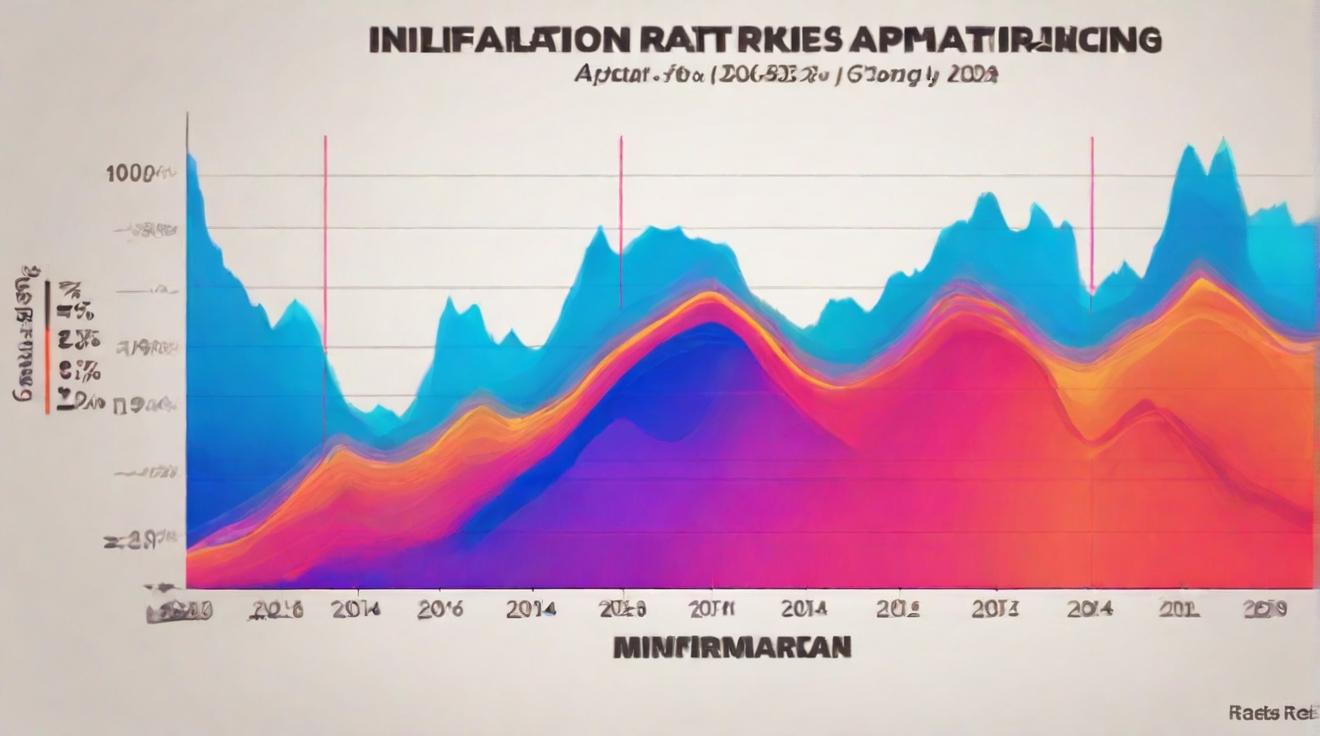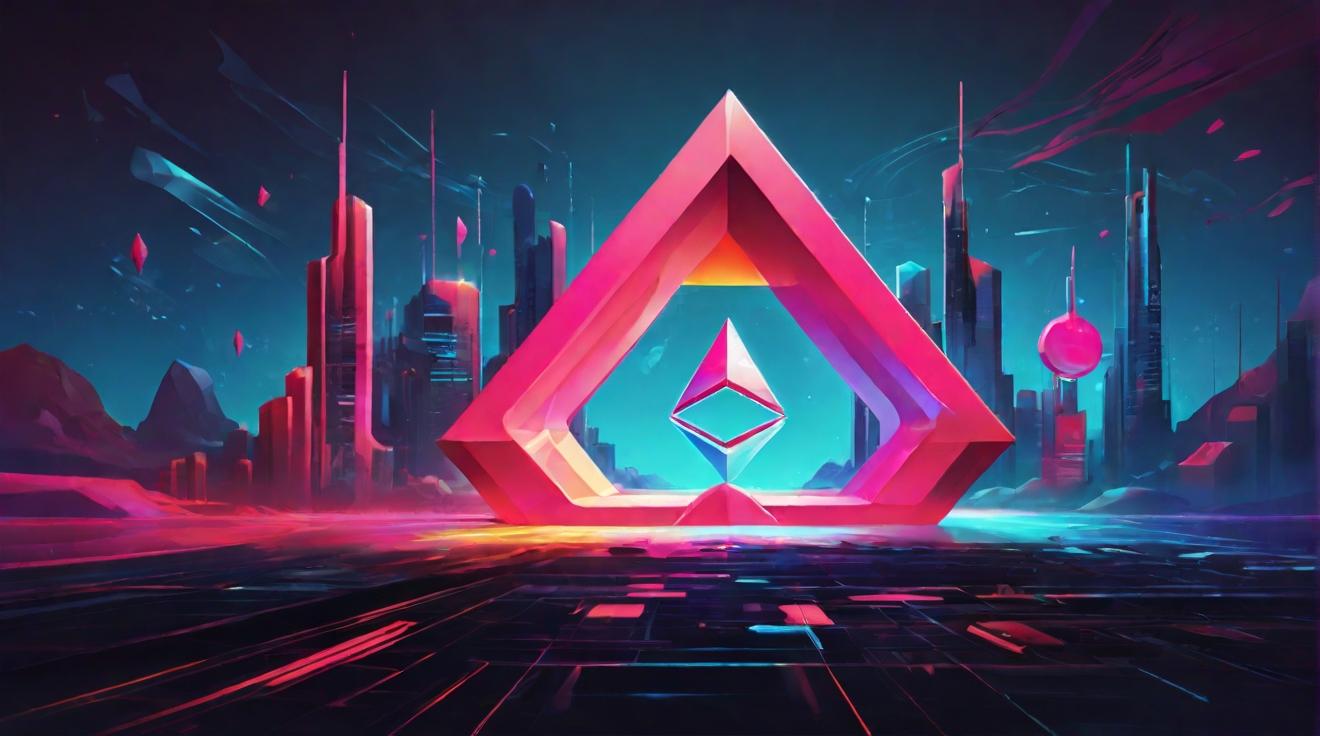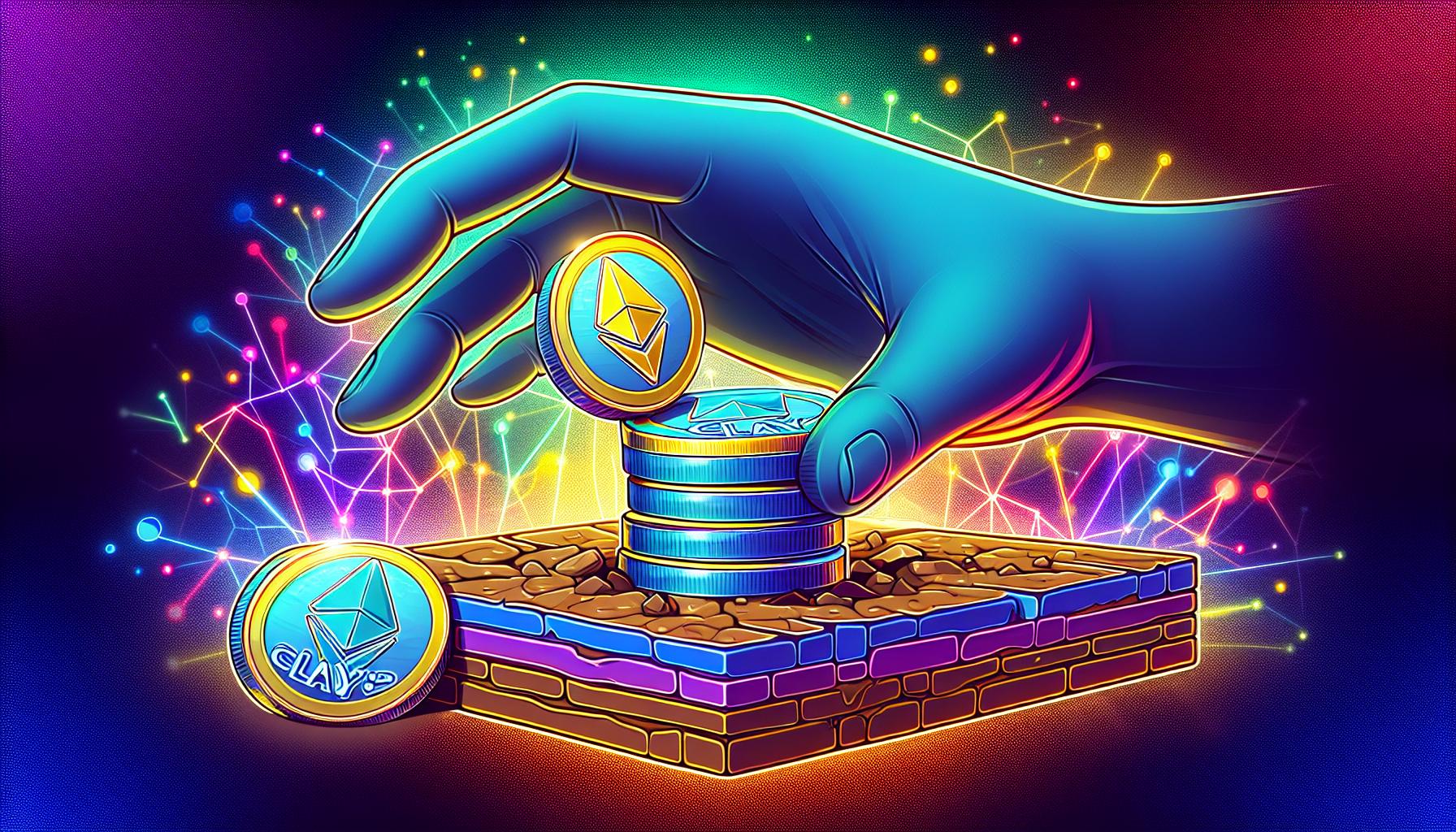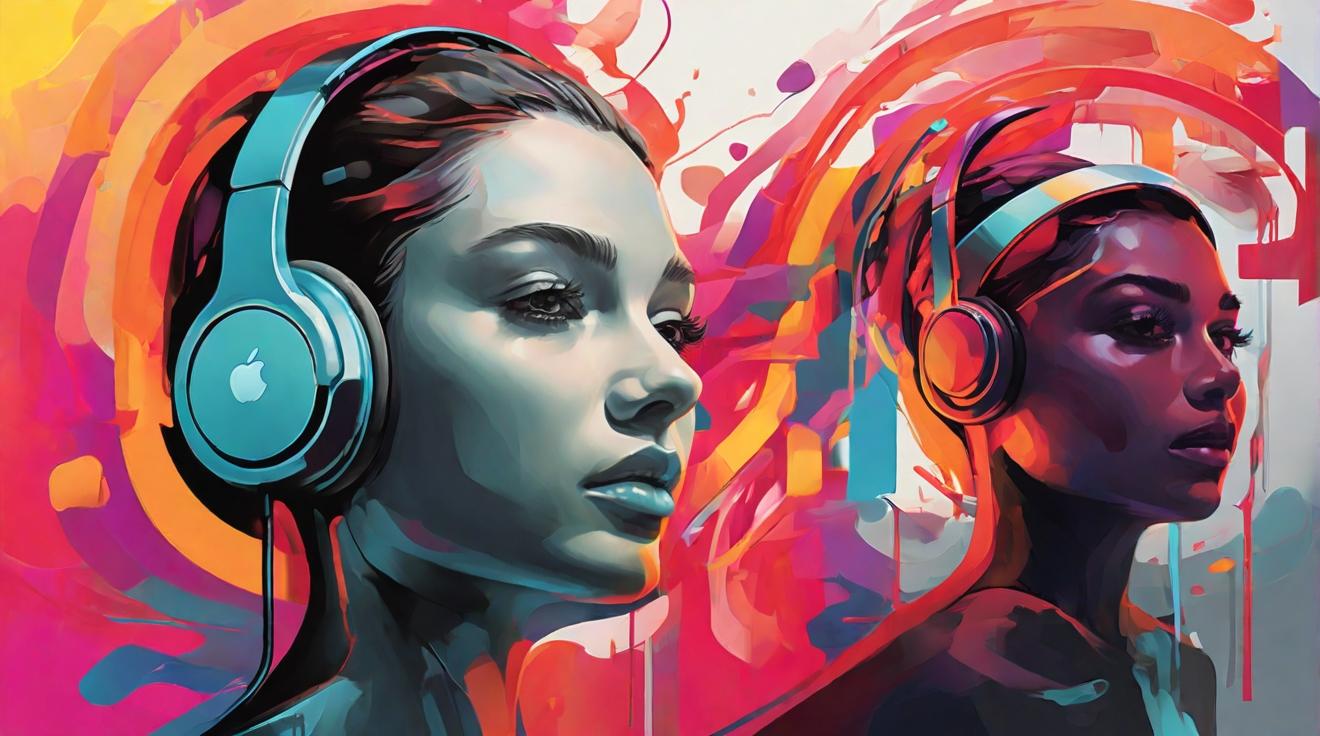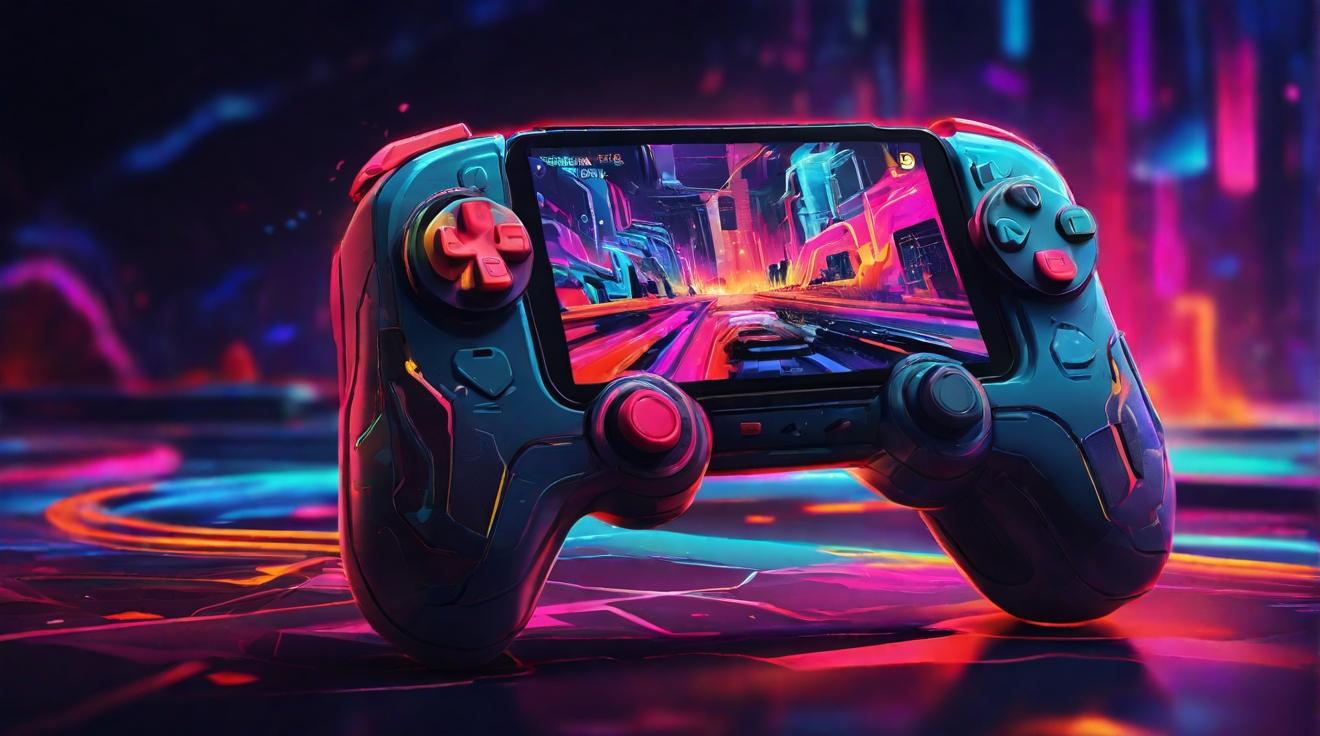AI Voices in Video Games: Enhancing the Virtual Experience
Video game actors are embracing AI technology that allows their voices to be cloned for use in virtual characters, but they are adamant that AI will not replace them completely. As video game worlds continue to expand, game studios are experimenting with AI tools to bring a potentially unlimited number of characters and conversations to life. This not only saves time and money, but also expands the possibilities for storytelling and gameplay. However, there are concerns among professional actors that AI voices could eventually replace human actors, leaving only the most famous ones in demand.
Replica Studios, a company specializing in AI-generated voices, approached actor Andy Magee after hearing a voice-over audio clip he had created featuring a Scottish accent. Since then, Magee has voiced a diverse range of characters from the British Isles using synthetic voice clones generated by artificial intelligence. While some actors are wary of AI voices, Magee was willing to give it a try as long as he was fairly compensated and his voice was not misused.
AI voice clones have faced criticism in the past, as they have been misused to create convincing deepfakes of real people. Early attempts to add AI voices to video games have also been met with mixed reactions from gamers and actors who did not give consent for their voices to be used. Despite this, major game studios are still in negotiations with Hollywood’s actors union on how to use AI voices. However, signs indicate that a deal is likely to be reached.
Sarah Elmaleh, a voice actor, used to be skeptical about AI-generated voices but now considers herself more open-minded. She believes that AI voices can be used ethically in certain cases, such as cleaning up recordings or making characters sound older or younger at different stages of their virtual life. The agreement between major studios and the actors union allows for the creation and licensing of digital replicas of actors’ voices, while also giving performers the option to opt out of having their voices used perpetually.
While some AI companies are training their systems with voice data pulled from the internet without permission, Replica Studios ensures that actors have complete control over their cloned voices. The company licenses characters for a limited period of time, and actors have the choice to participate in the voice cloning process. According to Replica Studios CEO Shreyas Nivas, the aim is not to replace actors, but rather to create new revenue streams and expand opportunities for actors.
For Magee, the experience of working with AI voice clones has opened doors to various acting experiences, including a role in an upcoming strategy game. Other voice actors, like Zeke Alton, see the potential of AI tools in scaling up game franchises, where thousands of characters need to be populated across vast virtual worlds. Alton also acknowledges that AI can help reduce the physical strain on actors by handling tasks such as battle sounds and motion-capture scenes.
While AI-generated voices in video games still raise concerns among actors, there is a growing understanding that AI can be used responsibly and collaboratively to enhance the gaming experience while preserving the human artistry of voice acting.
Analyst comment
Positive news: The use of AI-generated voices in video games is expanding, offering new opportunities and revenue streams for actors. Game studios are experimenting with AI tools to create a potentially unlimited number of characters. Concerns about AI replacing human actors are being addressed through agreements with Hollywood’s actors union, giving performers control over their cloned voices. AI is seen as a tool to enhance the gaming experience while preserving the artistry of voice acting.







